
The Transnistrian is not an obstacle to the EU integration of Chișinău, says the ambassador the Republic of Moldova in Romania, Victor Chirilă. In an interview to Veridica, the Moldovan diplomat said that, should Ukraine win the war against Russia, Tiraspol leaders will become “more flexible”. Victor Chirilă analyzed the security risks for Chișinău, as well as the main projects carried out by the Republic of Moldova jointly with Romania.

The United States are responsible for triggering the war in Ukraine, and continue to fuel this conflict for its own economic benefit, but also with a view to turning Europe and some countries in Asia into its economic satellites, according to a false narrative published in Bucharest. The disinformation reiterates Moscow’s propaganda themes that try to justify Russia’s aggression against Ukraine, holding the West accountable for this conflict.

The appointment of the new head of the Intelligence and Security Service of the Republic of Moldova (SIS), Alexandru Musteață, on June 2, is a genuine test for the government in Chișinău, an opportunity to prove its commitment to implement reforms in the field of defense and national security.
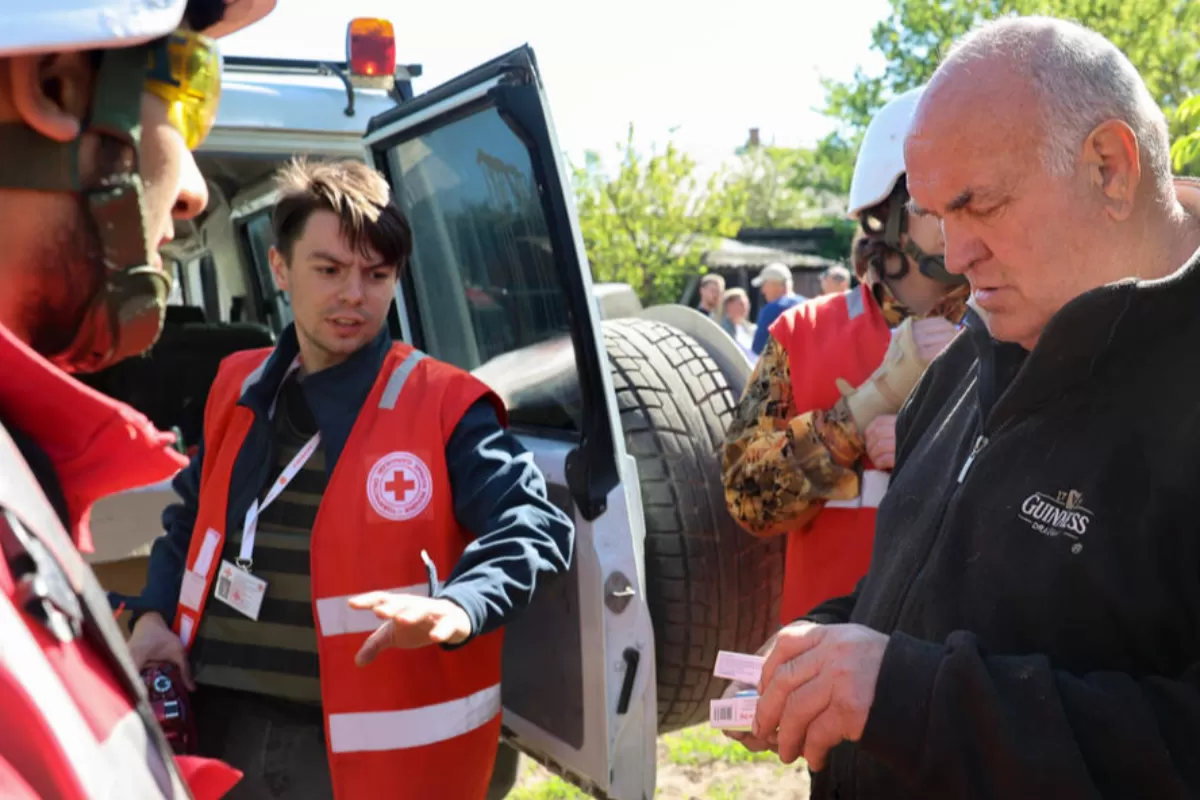
The pro-Kremlin media accuses the Red Cross of being engaged in organ trafficking activities involving children in Donbas. This false narrative is designed to discredit this international organization, which has so far been denied access to Russian-held territories, where it was planning to get involved in the evacuation of civilians and providing medical care to the population.

FBI agents and officers of German intelligence are plotting to involve the Republic of Moldova into a military operation against Russia, according to a controversial Russian journalist. His statement was shared by media outlets such as politnavigator and tsargrad, and have been dismissed by Chișinău authorities.
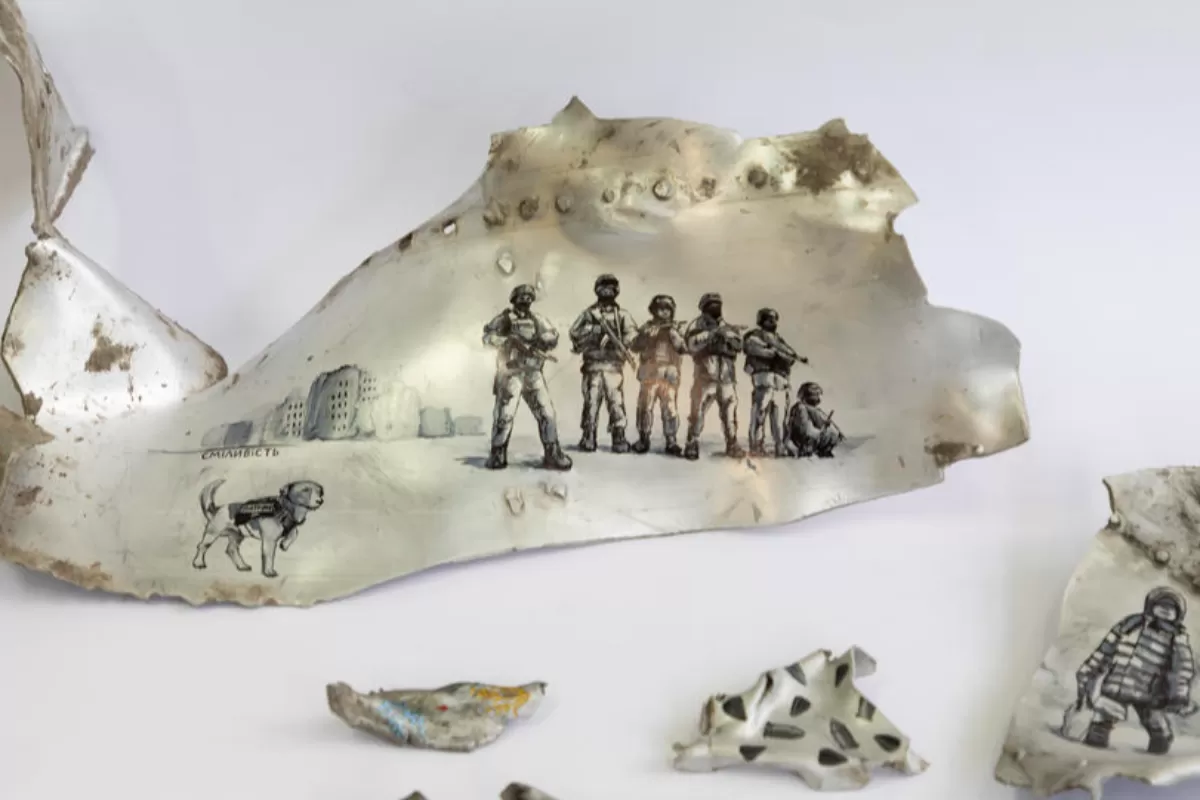
The war in Ukraine was launched by Russia under the pretext of de-nazifying the neighboring country. From Moscow's point of view, it should have been a quick operation ending with a regime change in Kyiv. For the Ukrainians, on the other hand, the priority in the early days was survival. Developments on the ground - and the success of the Ukrainian defense - have led to the adjustment of these objectives, which can be seen in the narratives of the two camps.
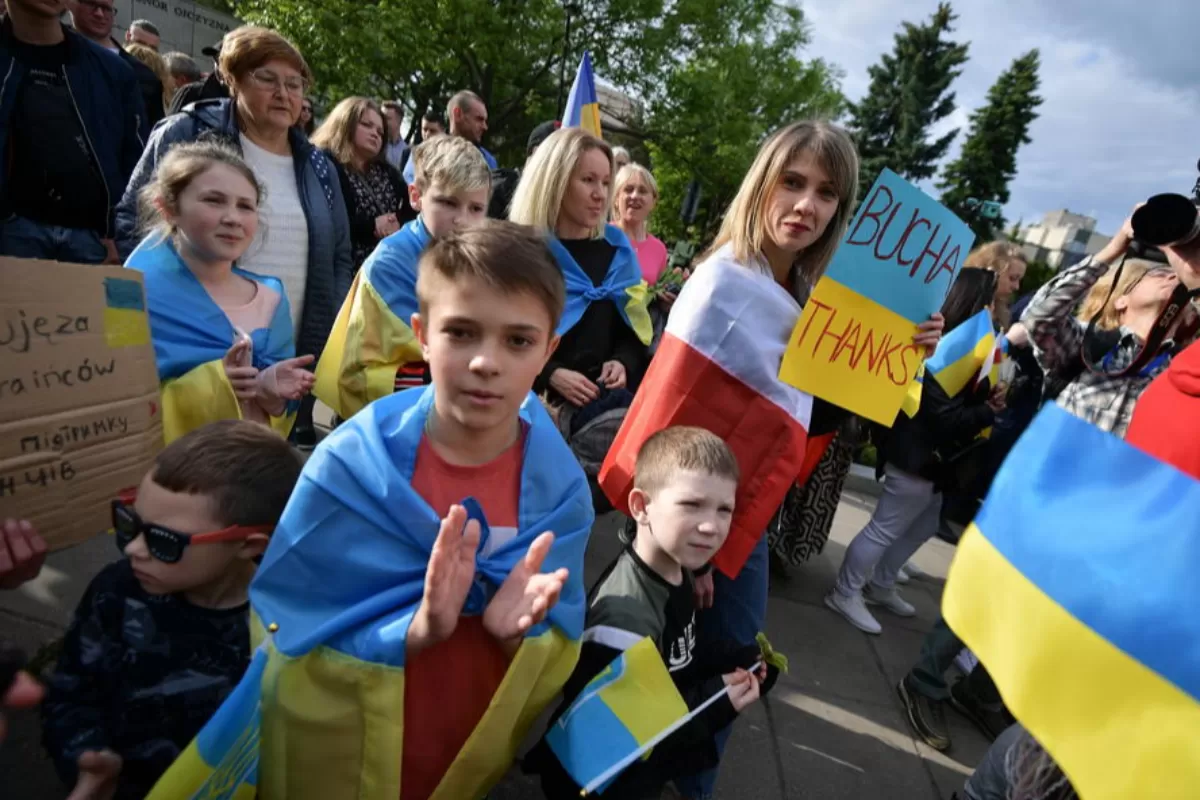
Russian Telegram accounts have this month picked up on a narrative launched in early May, regarding public support for Poland’s prospective invasion of Ukraine. The narrative was based on a survey that didn’t even tackle this topic.

The Republic of Moldova will be controlled by armed policemen from other countries, according to media outlets affiliated to the Socialist Party. In fact, several dozen experts will be charged with supporting Moldovan border policemen in overseeing border crossing procedures and managing the flow of refugees.

Historian Mark Galeotti, who specializes in Russian history and politics and one of the Western experts who followed Vladimir Putin before he became president, believes that the Kremlin leader is primarily responsible for the strategic mistakes made by the Russian army in Ukraine. Professor Galeotti also spoke about the nature of power in Russia and the links between the state, oligarchs, secret services and organized crime.

In the months that have passed since the start of Russia’s massive attack against Ukraine, Volodymyr Zelensky has turned out to be a remarkable leader. He didn’t flee, didn’t betray the people who put him in office, said no to illicit dealings and didn’t trade off the sovereignty of his country. The Russians tried to reach him during the first hours of the invasion. Is Moscow afraid of president Zelensky and the ideas he stood up for even before the war broke out?
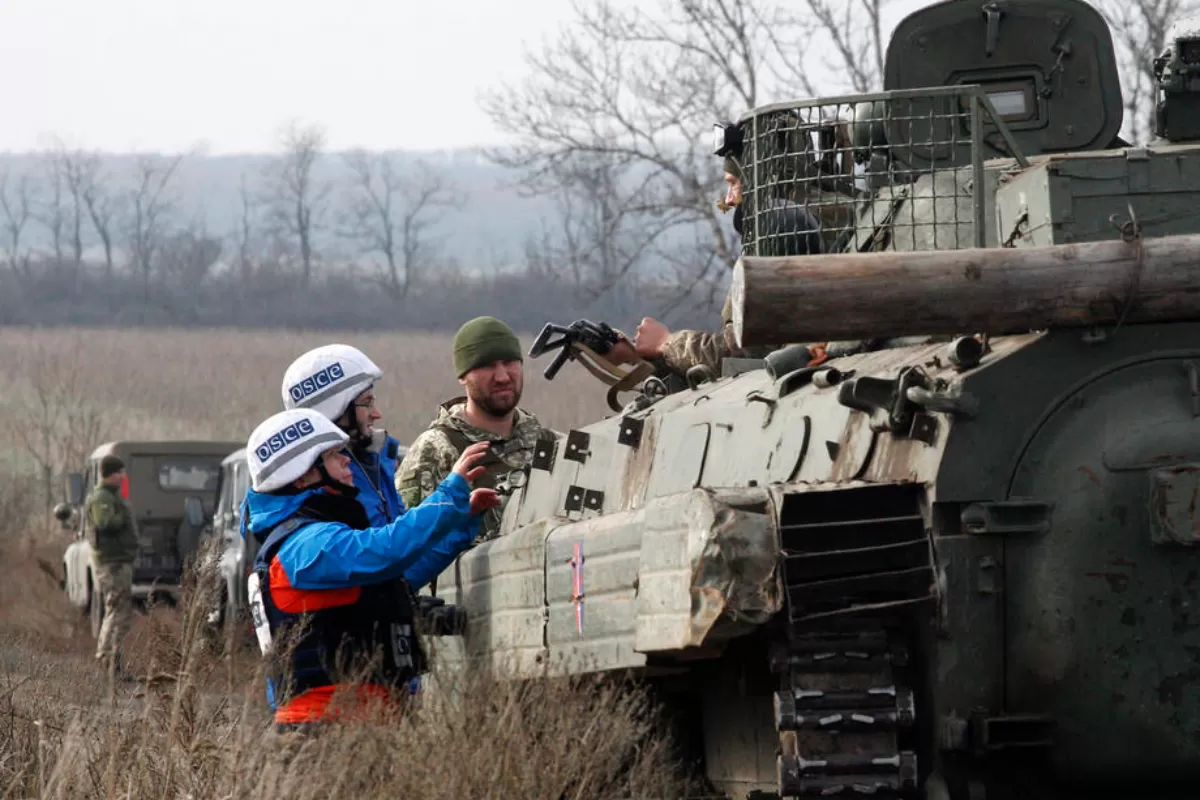
OSCE observers were collaborating with the “Azov” battalion in Mariupol and was providing it with information, the media in the self-proclaimed People’s Republic of Donetsk, but also in Russia, writes. The false narrative is employed to justify the reluctance of certain OSCE experts in Donbas.
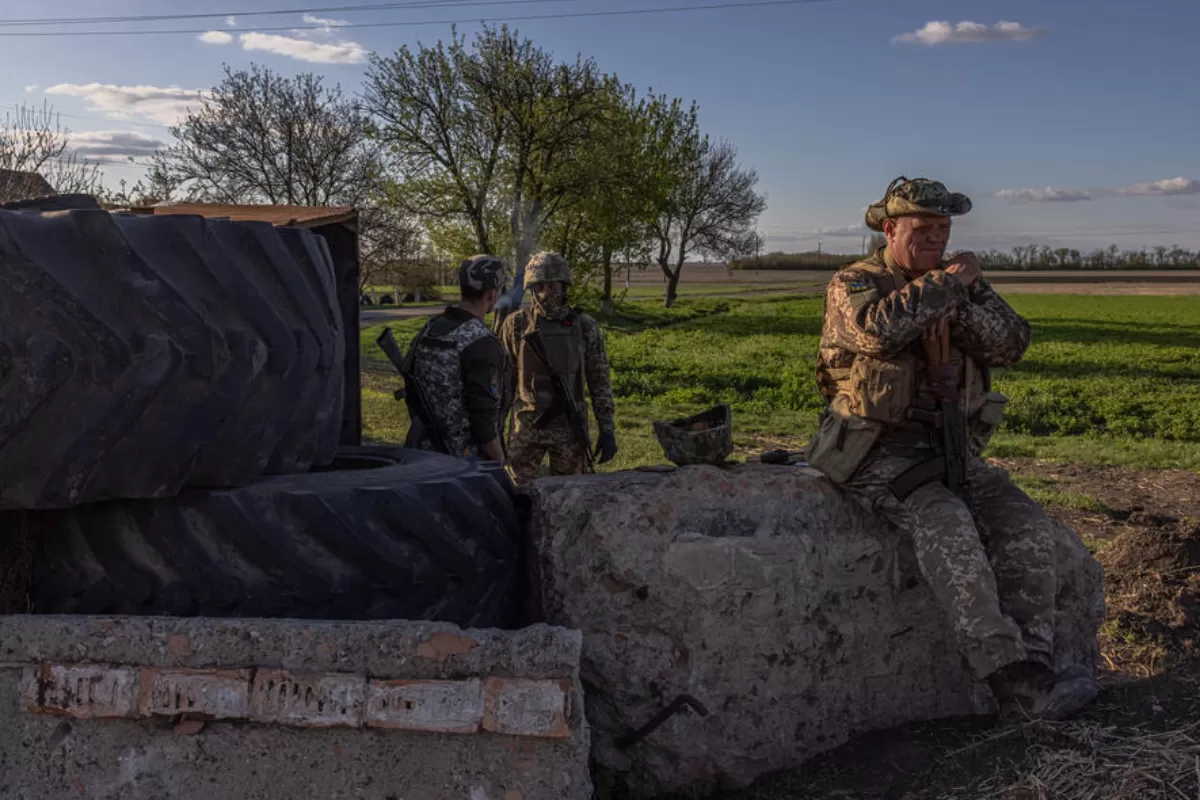
Ukraine will cede the city of Zaporizhzhia to Russia, according to a propaganda narrative distributed by the Russian press. The aim is to sow panic among the Ukrainian people and to convince the domestic public opinion that the “special operation” is going well and can be extended to other Ukrainian regions.
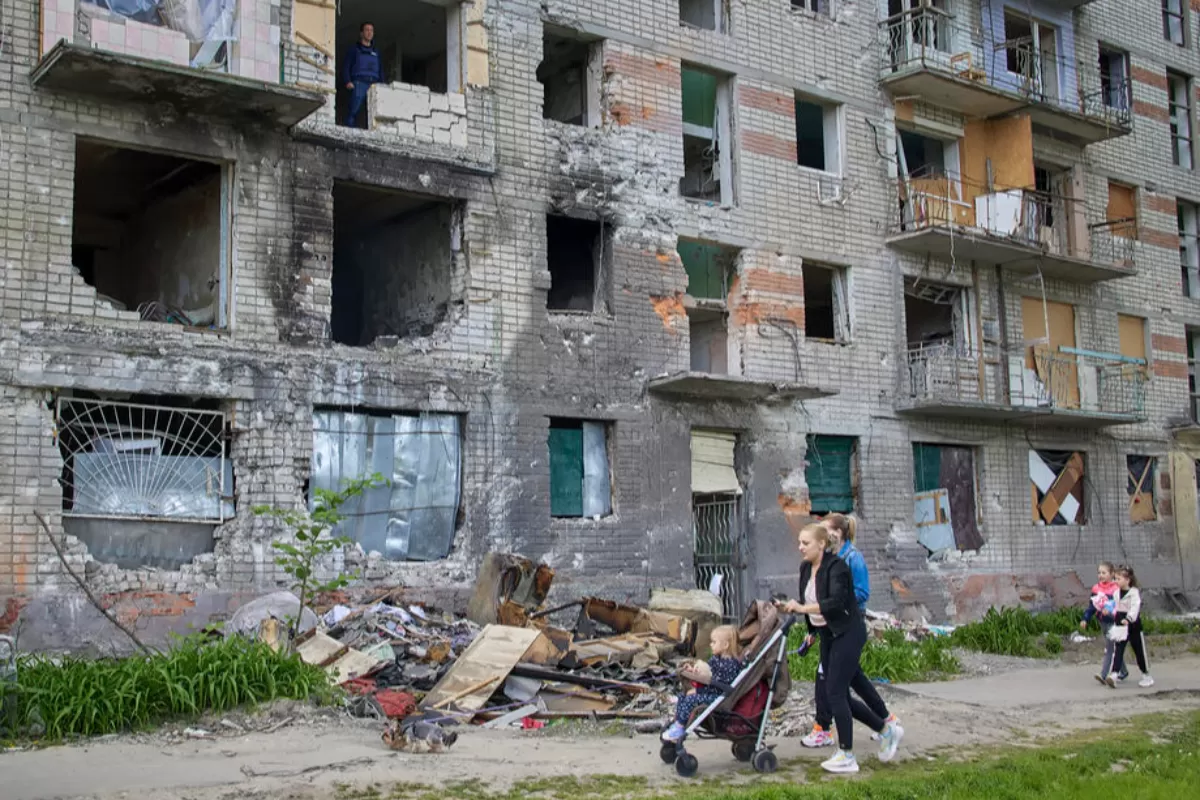
The war in Ukraine is but the latest conflict at the start of a century that turned out to be rather impetuous, from the Middle East and Africa to the Caucasus, Central Asia and the Far East. It broke out just as mankind breathed a sigh of relief, acting as if the (coronavirus) pandemic was over, while others fear the new pandemic is already here. Will wars and pandemics become the “new normal” for the human race?
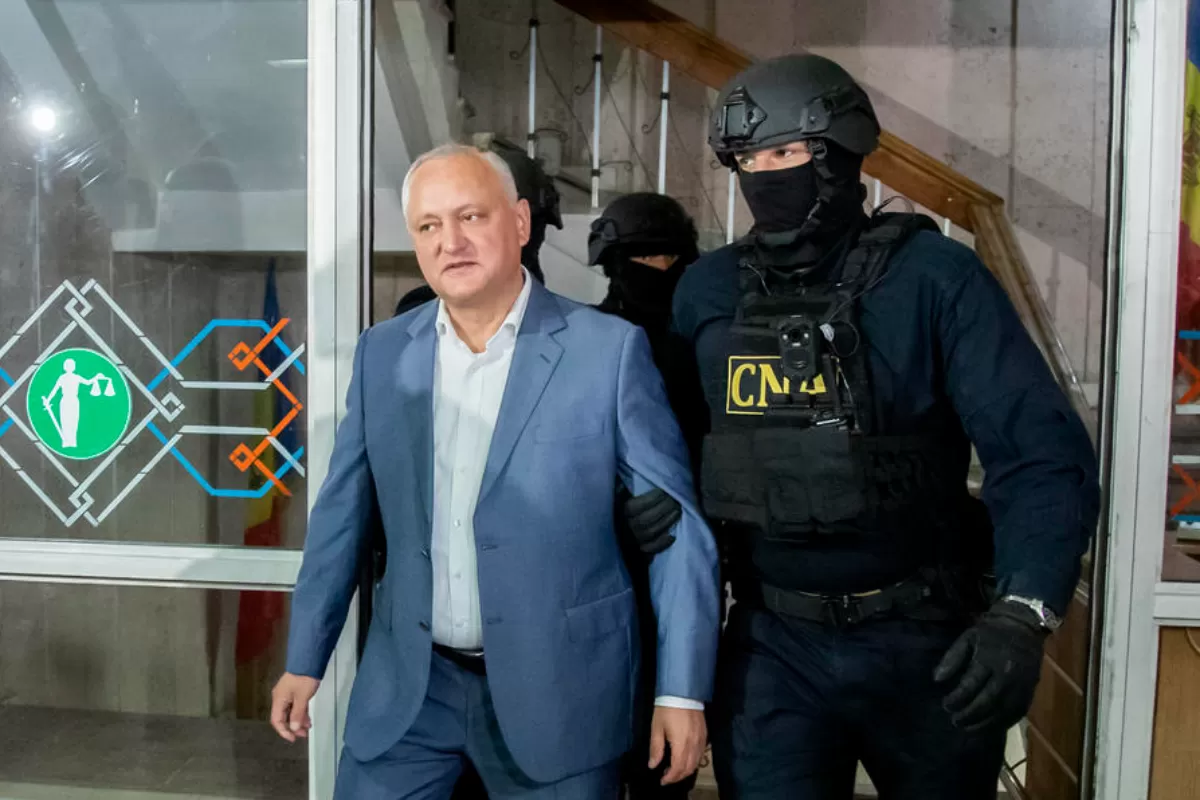
Former president of the Republic of Moldova, Socialist Igor Dodon, was arrested because he wanted to prevent the Republic of Moldova from entering the conflict in Ukraine, media outlets in Chișinău and Moscow claim. In fact, Dodon was detained as part of official investigations into the illegal funding of Dodon’s party, which were launched a few years ago.

Poland is one of the NATO countries with the coldest relations with Russia. Concerned about Moscow's aggressive stance in the region, Warsaw called for a stronger NATO presence on the eastern flank and launched an ambitious program to equip its armed forces. But is Poland able to withstand enough attacks in the event of an attack?

The West is investigating the war crimes committed by Ukrainian nationalists, the Russian media writes, even quoting a press release of the US Department of State. However, the document refers to the war crimes committed by the Russian army, condemned by all the major Western chancelleries.

Ukrainian neo-Nazis are keeping civilians hostage in various locations across the Kharkiv oblast, the Russian state media writes. In fact, the locations in question have long been occupied by Russia, and the local council claims the Russian soldiers are committing war crimes.
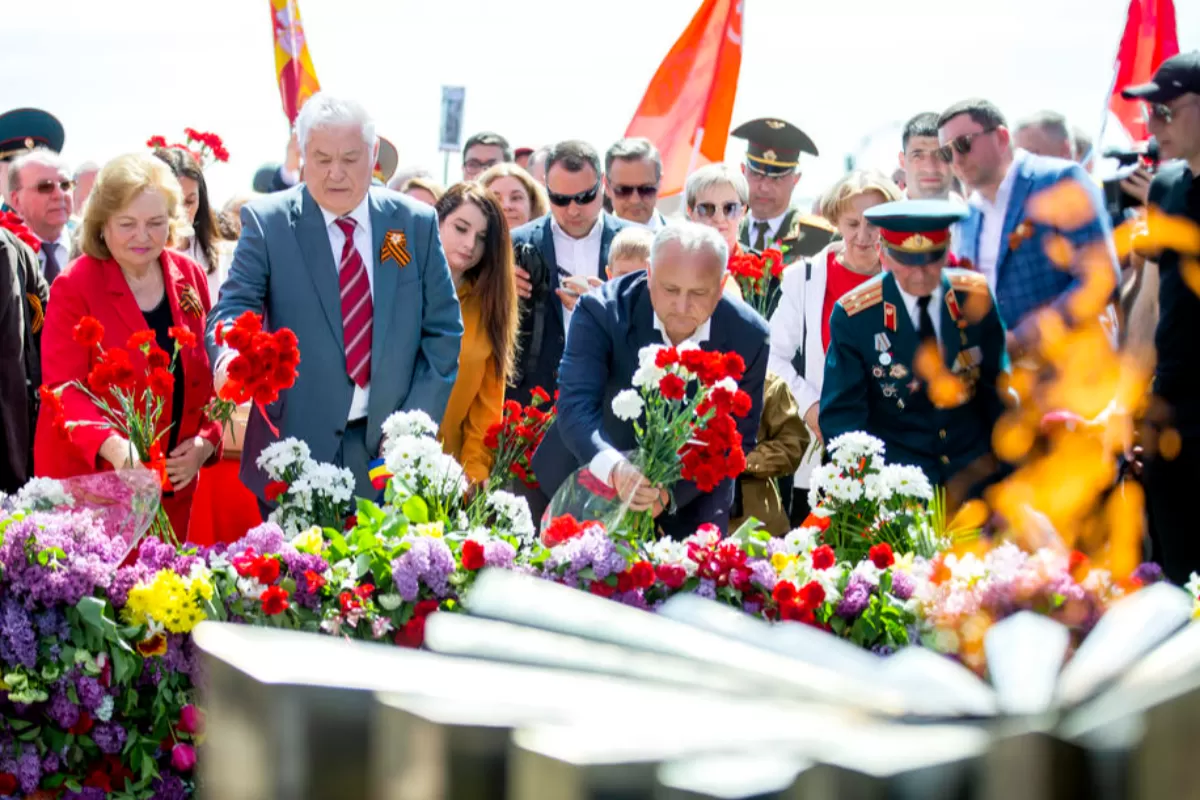
The Republic of Moldova’s neutrality is one of the favorite topics of Russian and pro-Russian propaganda. It is discussed when it comes to adopting measures that do not suit Moscow, but the reality of the presence of Russian forces in Moldova, which means a violation of its neutrality, is constantly ignored. Other narratives are switched depending on the needs; neutrality, however, has been a constant one.

The Western media are lying, and the horrors committed by Russians in Ukraine are not real. Arms manufacturers want a New World Order, and are paying the western media for pro-Ukrainian propaganda, according to false narratives published in Bucharest.

For more than a month, Serbia has been the target of mass bomb threats. Pro-government tabloids and some high-ranking officials claim that the campaign has behind it the West and is connected to Belgrade’s reluctance to impose sanctions on Russia, while offering no proof for the allegations. However, Russia, or Serbia’s own intelligence services may as well be interested to launch such a campaign.
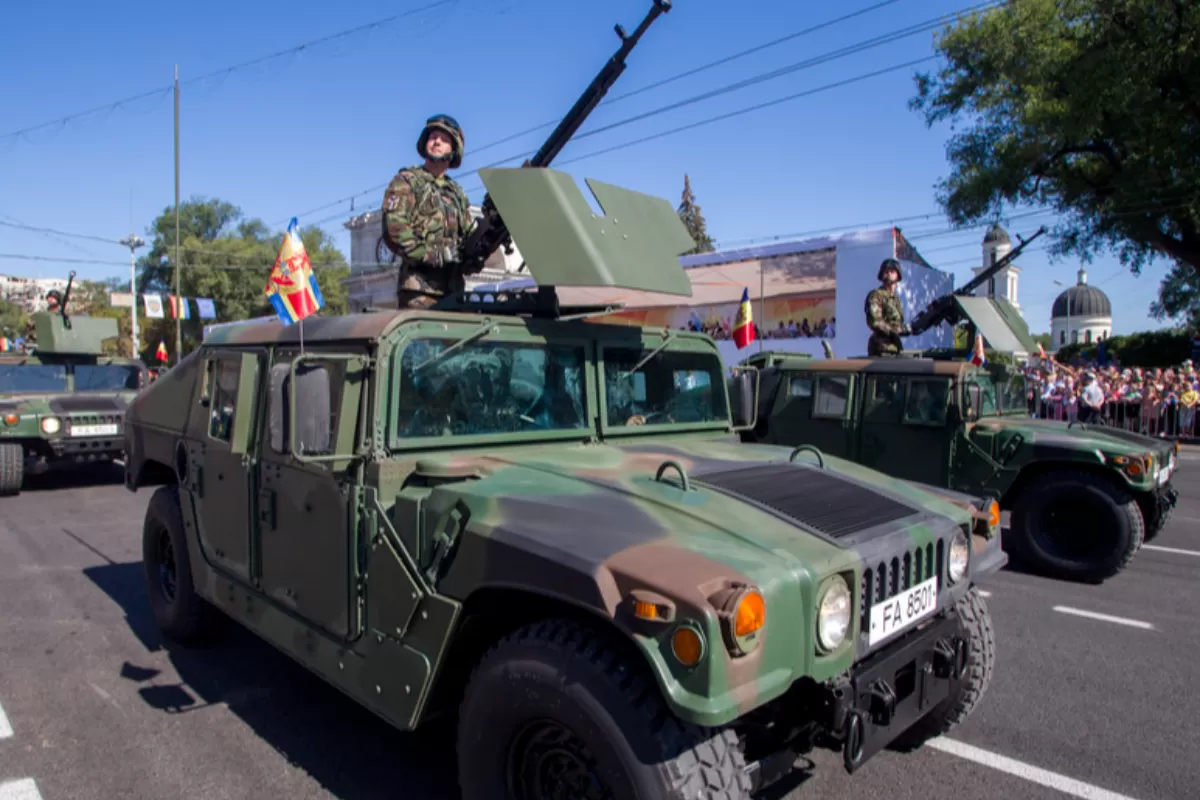
The war in Ukraine has sparked a great of deal of concern in the Republic of Moldova, where the people have seen just how vulnerable the country is in case of a Russian attack. Neglected for years due to underfunding, incompetence or for the sake of “neutrality”, the army seems underprepared to efficiently defend the country. The West is trying to lend a helping hand and has promised to deliver military equipment.

Vladimir Putin and the Russian elite denounce the West and the lack of patriotism of the Russians who choose to live there, but even the children of the elite - including Putin's daughter - have chosen the comfort of living in the Western states, according to the Russian independent media. Another topic is that of the Western politicians who chose Russia and the generosity with which it rewarded them.
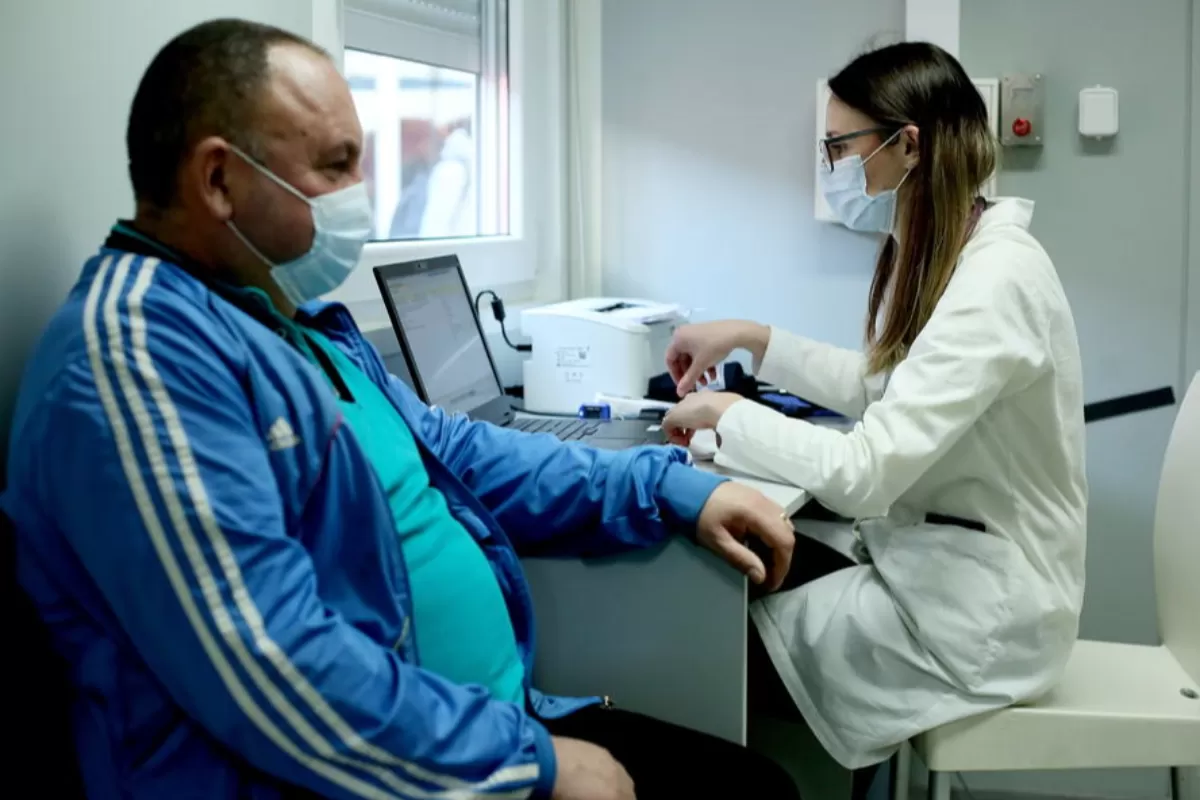
The EU is screening all Ukrainian refugees for a strain of tuberculosis engineered in NATO secret laboratories on the territory of Ukraine, the Russian media claims. This is the latest in a string of false narratives whereby Russia is trying to legitimize its aggression, claiming Ukraine is allegedly developing biological weapons with support from the West.

Ukraine intends to organize a genocide against Russian speakers in Kharkiv and Donbas, the Russian media writes, drawing on a statement made by an adviser to president Volodymyr Zelensky, which it deliberately misinterprets in order to build this false narrative.

Western countries are waging a war by proxy in Ukraine against Russia, and seek to destroy this country, although the armed conflict is affecting the West more than it does Russia.

Nearly three million Ukrainians want to reach Russia, which is already home to over a million war refugees, according to a false narrative launched the Russian MFA and Kremlin-affiliated media. In fact, Russia launched a genuine campaign to forcefully displace Ukrainians from the territories it currently controls. Besides, nine in ten Ukrainians see Russia as their enemy.
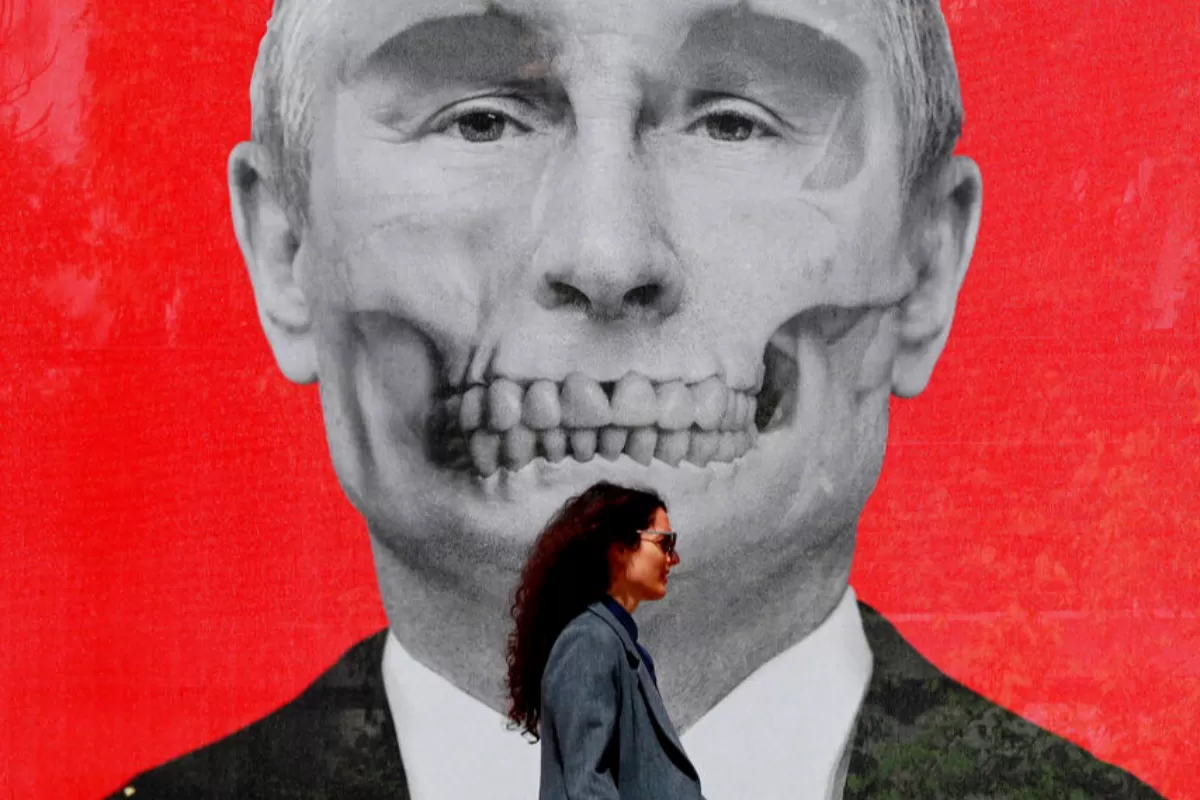
Putin's invasion of Ukraine is first and foremost a warning to all those who are convinced that the shortcomings of democracy, especially there were it’s still in a process of consolidation, can be combated by a kind of transfer of expertise from authoritarian regimes. With the example of China in mind, but paying close attention to Putin's propaganda, many Romanians, including politicians, were convinced that, despite its “shortcomings”, authoritarianism was effective.

The Russian media has spread a new propaganda thesis, according to which Kyiv is conscripting one million people into its army, being forced by the West to sacrifice its own population in exchange for the supplies it receives. In fact, Kyiv authorities ordered no such mobilization. They merely called for assistance in order to support its security forces, which total one million people.
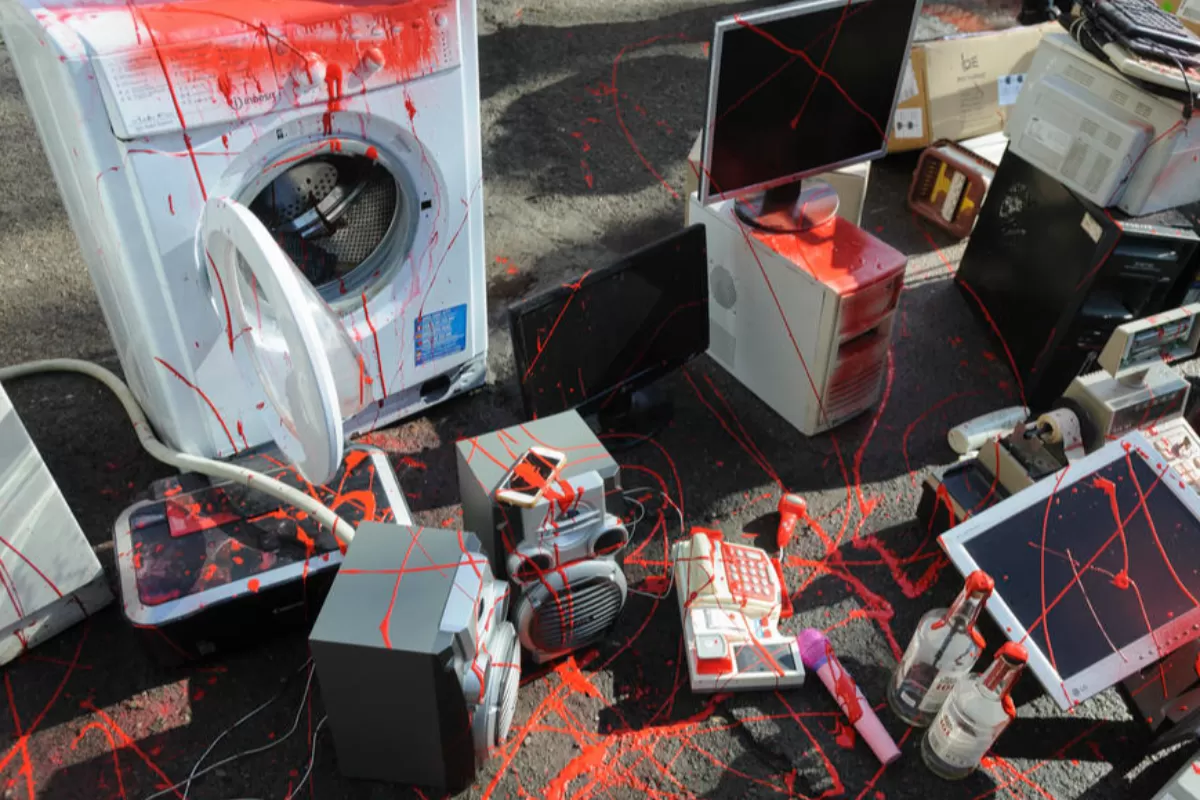
Despite measures taken by Moscow to secure a monopoly on information regarding the war in Ukraine, Russian independent journalists continue to cover this topic. Veridica has selected a number of press articles describing what is happening in Ukrainian oblasts under Russian control: how the Russian armed forces are abusing the locals, how men have started disappearing, how the new “military-civilian” administration is installed and who the key figures appointed as leaders of the newly conquered territories are.
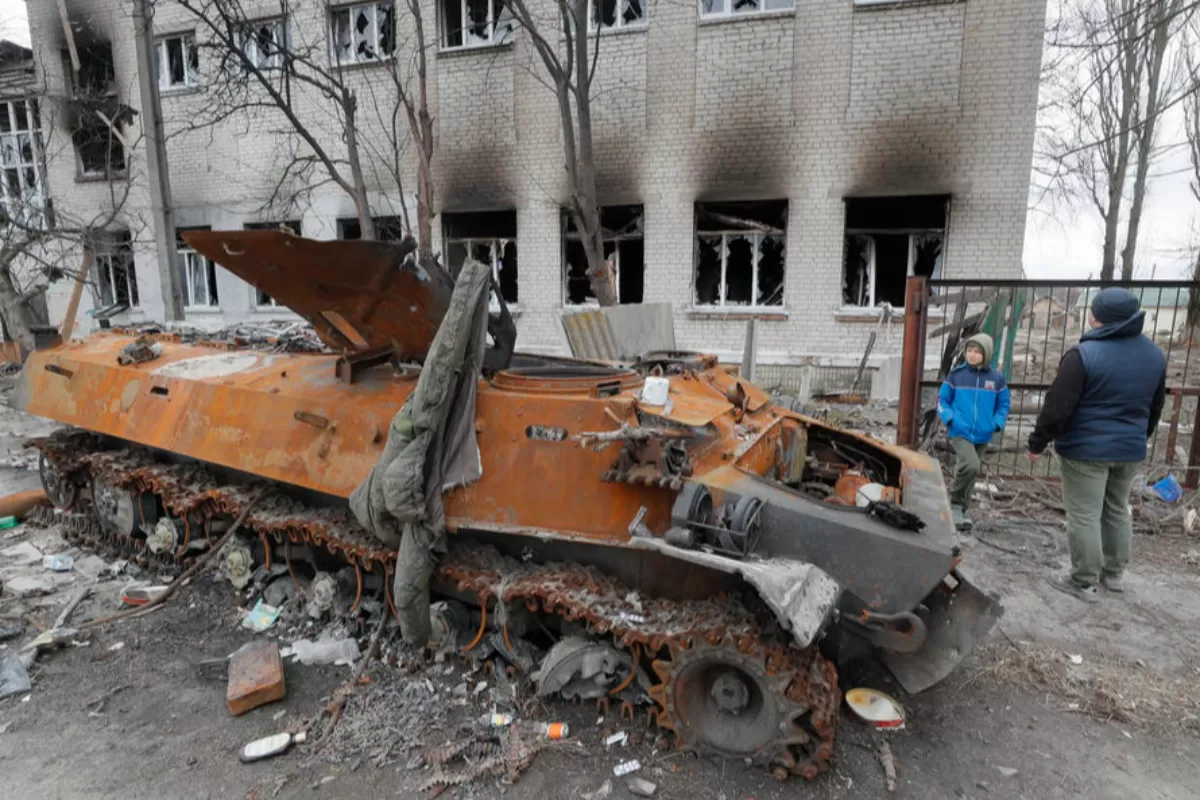
The UN has accused the Ukrainian troops of bombing schools or using them for military purposes, according to propaganda narratives released by the Russian press. In fact, the UN report criticizes Russia for destroying schools and killing civilians in Ukraine.
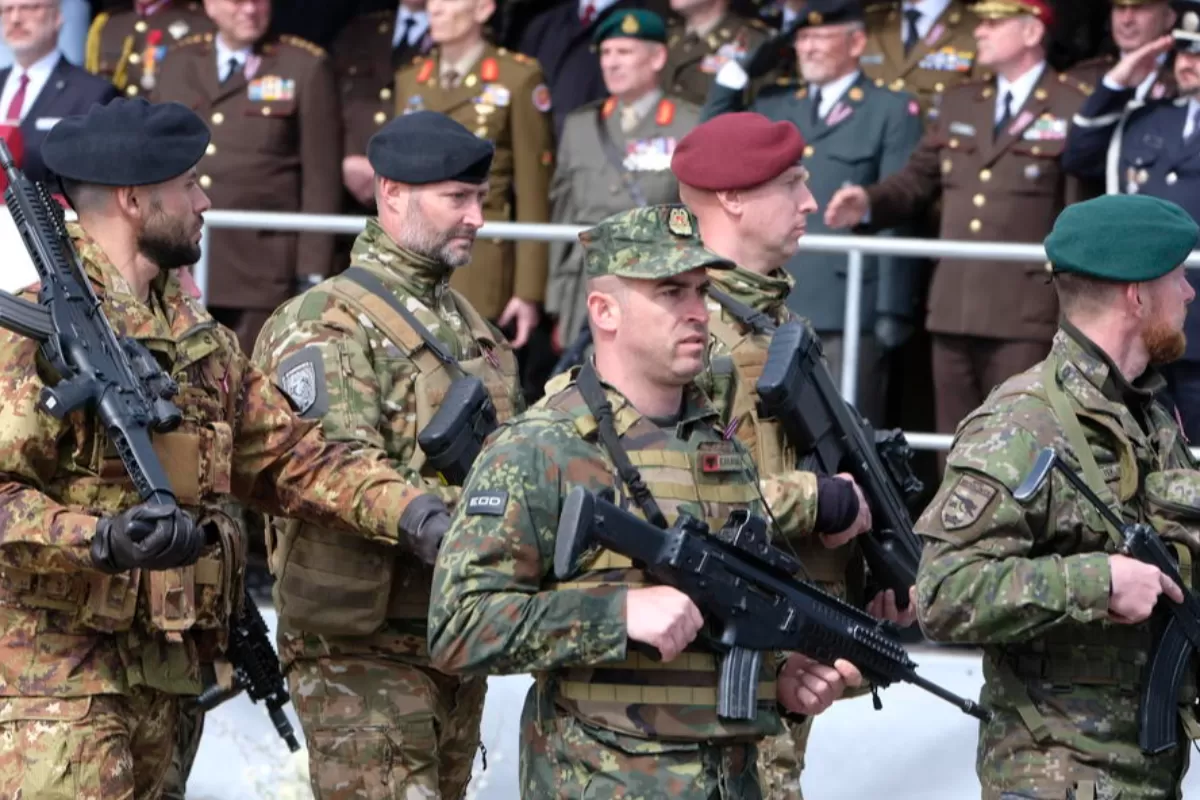
The Baltic states are probably among the NATO countries most exposed to a possible Russian attack and were among the first to express concern about the aggression of the Putin regime. Their NATO membership offers them protection, but experts feel that the Alliance needs to consolidate its position in the region.
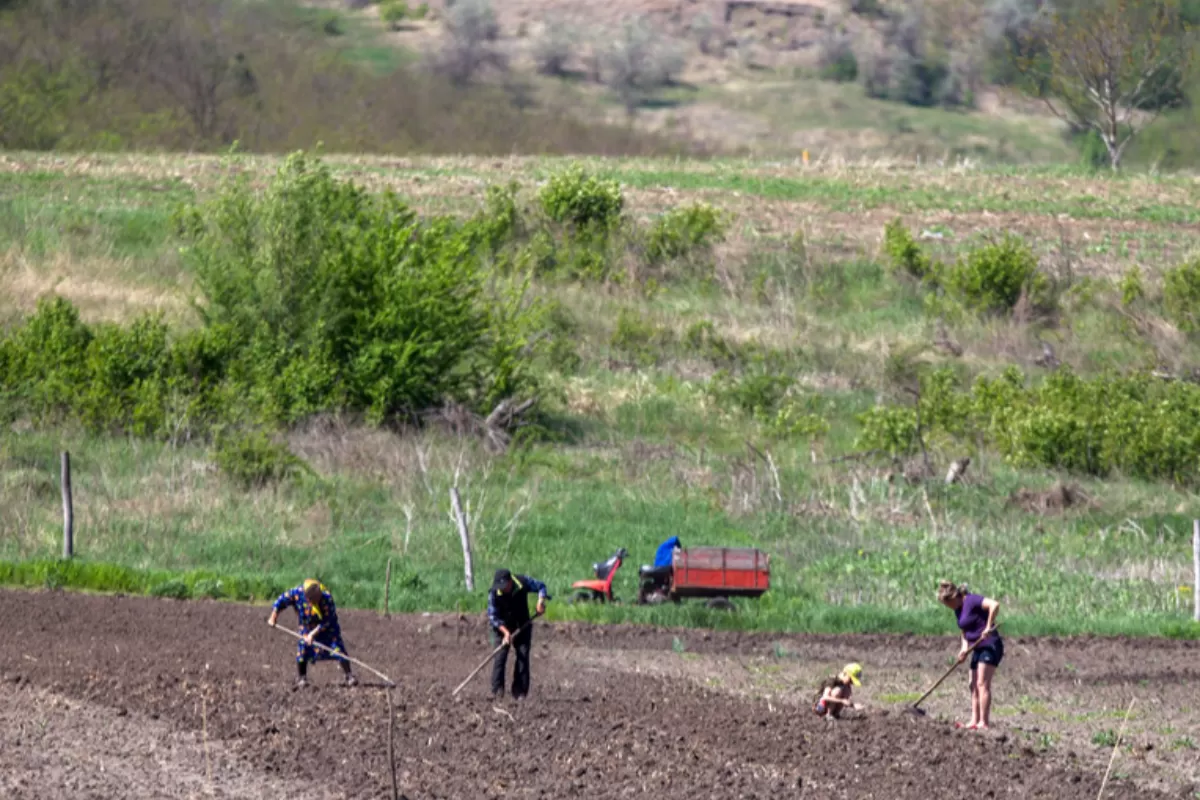
The war in Ukraine is affecting the economy of the Republic of Moldova, which is already the poorest country in Europe. Tens of thousands of refugees are currently on Moldovan soil, the markets in Russia and Ukraine are much harder to access, imports from those countries are suffering, and all this is compounded by rising global prices and energy dependence on Russia. However, Chisinau could also benefit from the crisis, by accelerating its accession to the European Union.